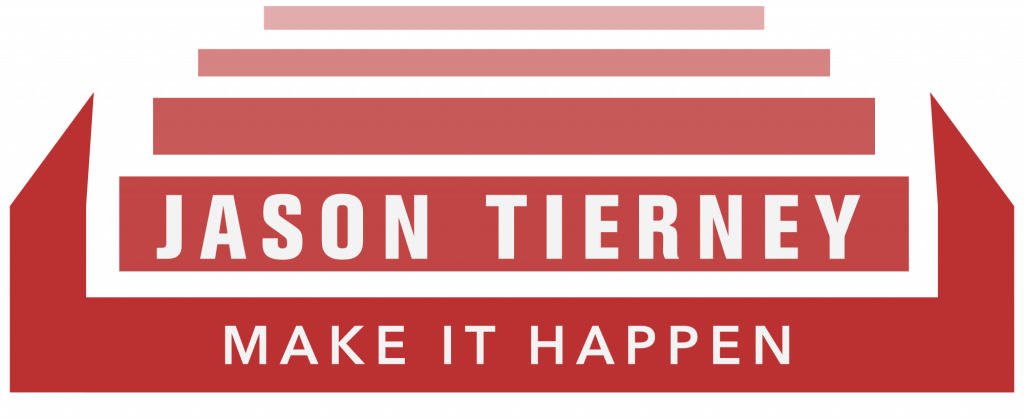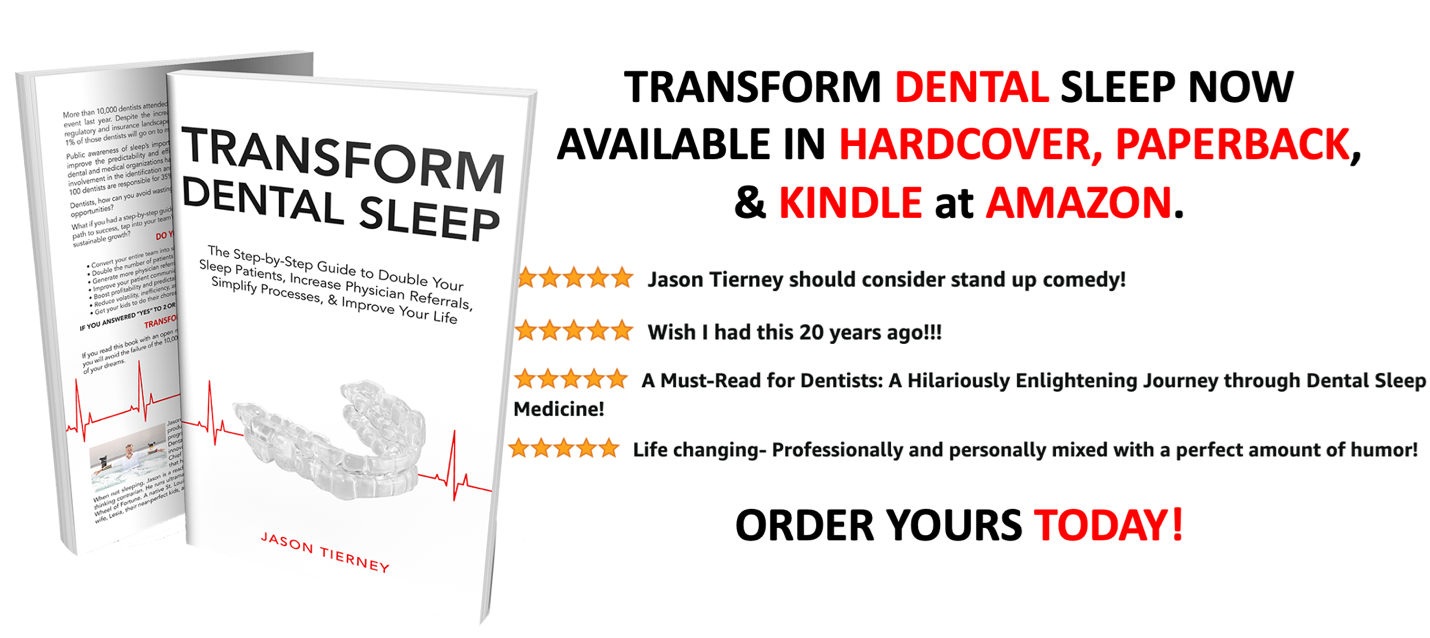 When I was in second grade, my parents allowed me to spend $30 of my First Communion loot on a ninja suit. For months before, I obsessed on the double-page ad in the martial arts magazine. An all-black ninja suit. The hood, the little tabi shoe things, the whole suit. I’d be able to fight the neighborhood bullies, catch blowgun darts mid-air, and wield my homemade nunchakus like a hybrid of Bruce Lee and Michael Dudikoff in American Ninja.
When I was in second grade, my parents allowed me to spend $30 of my First Communion loot on a ninja suit. For months before, I obsessed on the double-page ad in the martial arts magazine. An all-black ninja suit. The hood, the little tabi shoe things, the whole suit. I’d be able to fight the neighborhood bullies, catch blowgun darts mid-air, and wield my homemade nunchakus like a hybrid of Bruce Lee and Michael Dudikoff in American Ninja.
I handed over the cash, and my Dad wrote the check. I quadruple-verified that I addressed the envelope correctly. My Mom helped me carefully cut out the order form from the magazine’s page. She also seized the opportunity to put my brain to work by encouraging me to do the math, adding the shipping and handling to the $19.99 ninja suit cost. What a small expense for heroism and invincibility.
Every day I checked the mail. We lived in an apartment with small communal mailboxes. Did someone steal it? Where was it? The ninja suit would make me stealthy, not patient.
A month later. It arrived. Nowadays, a kid would film an unboxing video and make enough to buy a legion of ninja suits. All I had were some scissors (or were they katanas). I tore in and unfolded the equivalent of a pair of cheap-ass, scratchy black scrubs and some kind of scratchy-ass, cheap balaclava. It was a size small, but it would have easily given Andre the Giant room to grow into it.
I was miffed. My parents laughed. I begged to return it. They told me it’d cost a small fortune, and I should just learn my lesson.
HEY BRO, WTF DOES THIS HAVE TO DO WITH DENTAL SLEEP MEDICINE?!?
“We’re the bestest. No one else can do what we do!”
“You’ll see, we’ll do it faster, better, and cheaper than everybody else!”
You name the product or service; from a new sleep coaching package you bought to a new dental lab you’re trying out or a new medical billing company. The sales rep worked overtime to persuade you to buy their product. Lots of promises about how they’re the best and how your life will transcend your wildest dreams. All you have to do is swipe your credit card.
They told you about how easy it’d be to work with them. The rep reminded you that you have her cell #, and if any problems ever arose, she’s just a text or call away. She visited your office a couple times, and it felt like you couldn’t open your email or look at your phone without a message or missed call from her.
But then you swiped the credit card…
And your first case is way too tight, forcing you to grind away for 20 minutes before you sheepishly tell the patient that you’ll need to take another impression. In bolder terms, you tell them the lab sucks.
And now that you have a problem…
Only silence…
Auto-responses when you text. Then she finally answers and tells you to just call the lab. That’s not what you thought you were in for.
Not only is that a detestable way to treat clients, it’s also just bad business. See, it costs a heck of a lot more time and money to acquire a new client than it does to retain an existing one. Just as it’s a much costlier endeavor for you to keep trying to capture new patients when you have a sky high churn rate. It’s much cheaper to keep your patients year after year than it is to keep pulling them in the front door while they run out the back.
You don’t want to purchase new DSM software and get weak training and support afterward. You want reliable support after the sale. You want to know that your vendor partners have your back and will make things right if they screw up. Your patients, referral sources, and others in your orbit deserve the same.
Simply stated, say what you’ll do and do what you say. If you tell the patient that the home sleep testing company will contact them tomorrow, you’d better be confident that your HST service partner will call them tomorrow. If you schedule the patient’s delivery two weeks out, you’d better work with a lab that doesn’t doink around with turnaround times.
SO, WHAT DOES THIS SOUND LIKE IN YOUR OFFICE?

Tell your patients exactly what you’ll do and then do it. “There’s a library’s worth of research to show that oral appliances work for the majority of patients and that nearly all patients prefer the comfort of an appliance to CPAP. There are some potential side-effects, most of which are minor, such as slight tooth movement and dry mouth. We’ll review all of them with you and make sure you understand them. You’ve tried CPAP, so you’re familiar with that. Other possible treatment options include some surgical interventions and lifestyle choices.”
You’re not finished yet. “Today, we’ll take scans of your teeth and your jaw in different positions. It’ll take about ten minutes. Then we’ll send them to the lab so your device can be custom made. We’ll schedule your appointment three weeks from now. I can’t guarantee it’ll work for you, but based on all the research and the patients I’ve seen, there’s a strong likelihood that it will. I can guarantee that we’ll do all we can to work with you to make your treatment a success.”
Set realistic expectations consistently by saying what you’ll do and fulfill the promise by doing what you committed to. Every time. This builds trust, which, like interest, compounds over time. This is true of your team, too. They need to abide by these principles. This is how you create raving fans and generate referrals.
Otherwise, buyer’s remorse rears its ugly head, and this also compounds. Every slipup or missed expectation—each molehill, no matter how inconsequential—becomes a mountain, a big mountain that could have been avoided.
To learn more about the specific techniques many of the country’s Top 100 dental sleep practices use to increase patient acceptance, boost physician referrals, and drive growth, order a copy of my new book Transform Dental Sleep: The Step-by-Step Guide to Doubling Your Sleep Patients, Increasing Physician Referrals, Simplifying Processes, and Improving Your Life.
Stay informed about Jason’s books, media, & adventures

